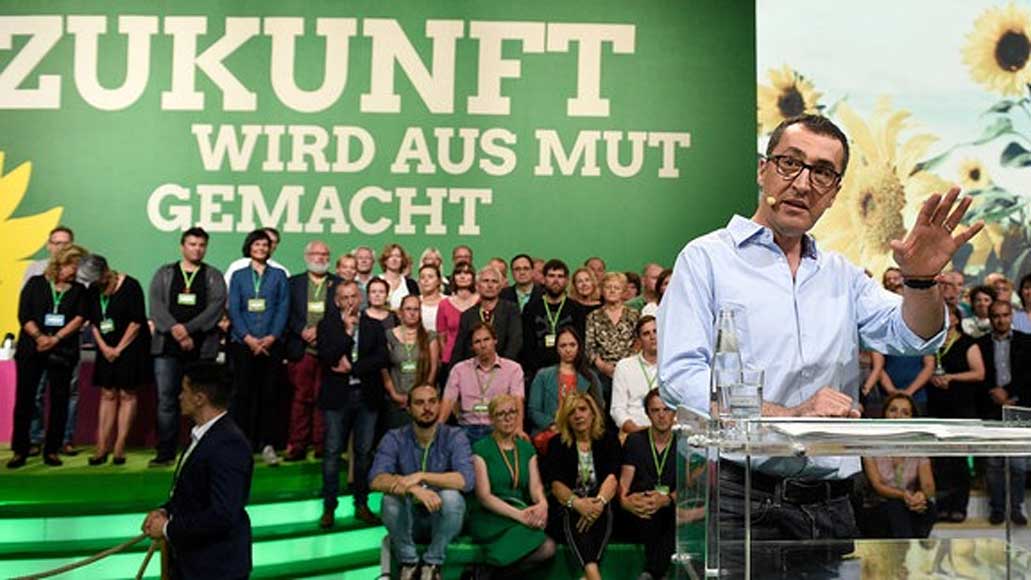March 06, 2018
The following is a summary of the written exchanges between the Alliance 90/The Greens (better known as Greens) and the German government regarding financial aid provided to the Islamic Society of the Shiite communities of Germany (IGS), as part of a plan to “prevent radicalization” in Europe.
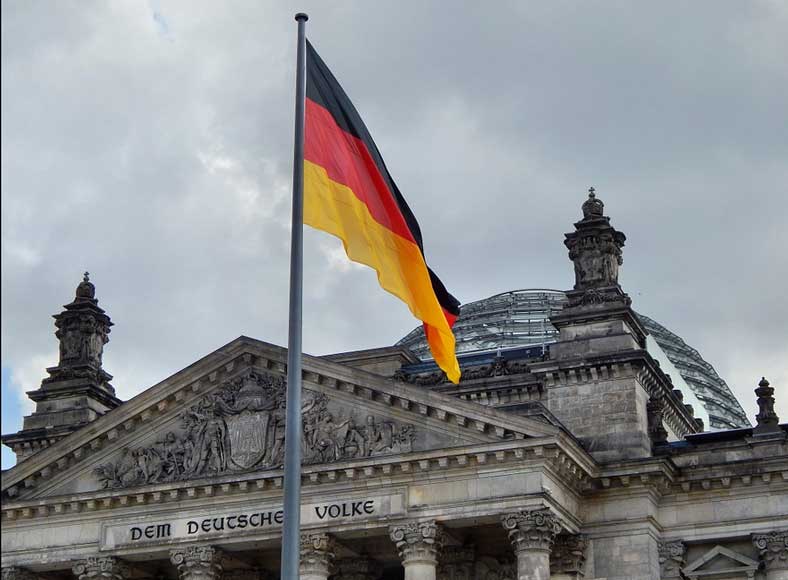
The Greens received the document on January 24. It was published on the German Parliament’s website two days later.
Readers can find the Persian and English translations of the Greens’ questions and the German government’s responses on the Kayhan London website. The German government’s answers to some of the questions show that many countries — notably France, Britain, Spain, and Italy — support the plan to help Shiite groups in the hope of curbing radicalization in Europe.
The introduction to these exchanges reads as follows:
The Federal Office for the Protection of the Constitution (BfV) released a report in 2015, stating that the IGS was established in 2009. The organization is closely linked to the Islamic Center Hamburg (IZH). The IZH’s board of directors are members of the IGS’s central committee. Ayatollah Reza Ramezani is the spiritual leader of the center.
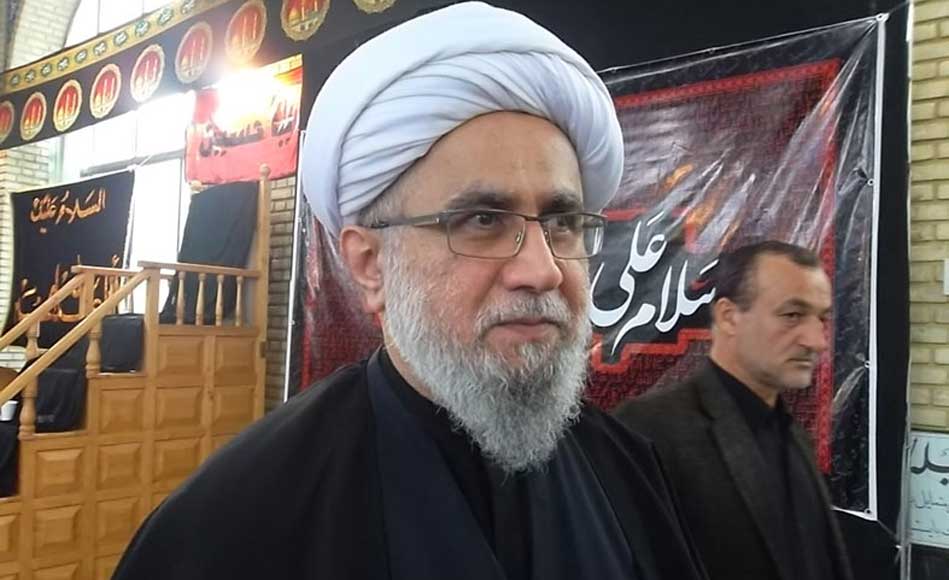
Mr. Ramezani is the representative of Iran’s Supreme Leader Ayatollah Ali Khamenei to Europe. He is also a member of the Assembly of Experts.
German intelligence agencies consider the IZH an organization which promotes extremist ideology. They have been monitoring its activities and influence on other groups including the IGS. German authorities believe that the IZH has become more radicalized since its leadership changed in 2010. They also suspect that, after the Islamic Republic of Iran’s Embassy, the IZH is the most crucial political arm of the regime in Germany. It also serves as the Islamic Republic’s propaganda machine in Europe.
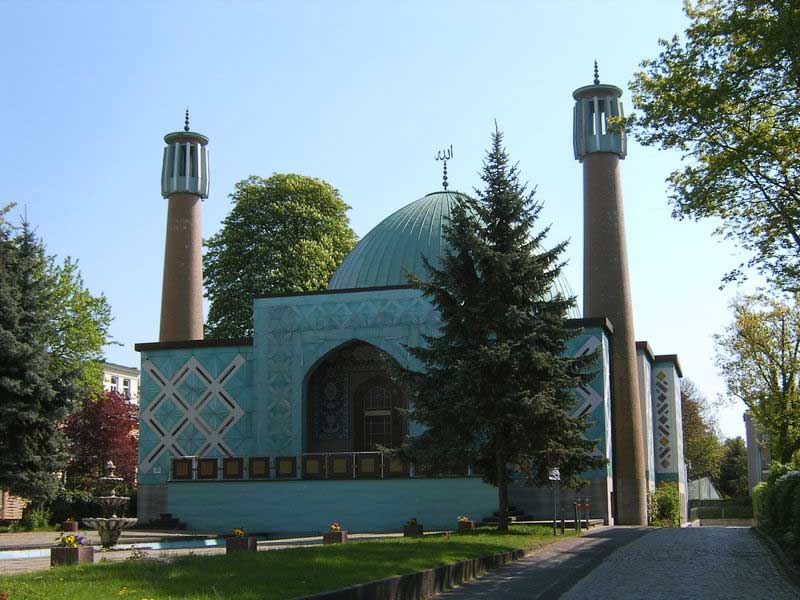
A report by the Federal Ministry of Interior lists many Islamic organizations including the IZH as working under the auspices of the regime. Their mission is to promote the Islamic Republic’s religious doctrine in Europe. The tradition revolves around the will of Allah, which calls for the inextricable fusion of religion and state as the basis for all social contracts. Therefore, the IZH promotes non-democratic ideas. The Iranian Constitution compels the government to export the Islamic Republic system to the rest of the world. That’s the reason that the IZH activists support the anti-Israel march held on the Quds Day [last Friday of Ramadan, marches in support of Palestinians] in Berlin every year.
Despite the BfV’s report on the IZH’s radical Islamic agenda, the German government plans to sponsor the “Extremely Committed Competency Program For Young Muslims” by giving the sum of 283,150 euros to the IGS until the end of 2019.
The following are some of the questions submitted by the Greens and the German government’s replies:
۱٫How much do the federal and local governments know about the IGS’s views on:
- a) Principles of freedom and democracy
- b) Fundamental rights, especially freedom of speech, press, and religion (the right to convert, to denounce one’s faith or to leave a religious organization)
- c) Jews, Bahai’s, Christians, and Alawites
- d) Capital punishment
- e) Gender Equality
- f) Domestic violence and spousal abuse
- g) Gay, lesbian, bisexual and transgender rights
The German government replied that the IGS’s views on the issues mentioned above are not clear. The IZH has never publicly articulated its positions on these issues either.”
۷٫Where in the federal budget did the money come from to help the IGS and its affiliates in 2014, 2015, 2016 and 2017? Where would the government find the money to help these groups in the future? What does IGS do with the money?
The German government replied that the Turkish community organization (TGD) and others have welcomed projects such as ‘Preventing Organized Religious Extremism’ which are part the nationwide federal ‘Democracy Alive’ program. Given the TGD’s cooperation, we have provided financial aid to the IGS for the sole purpose of promoting these and similar projects. The IGS was given:
a)15,848.38 euros in 2016
b)17,450.00 euros in 2017, and another 6,579.78, pending the receipt of documents on the allocation of funds.
c)41,939.49 euros in 2018
d)45,872.72 euros in 2019
The project aims to counter radicalization of young Muslims in schools. Meanwhile, the federal government admits that it has no detailed information on what sort of financial aid Muslim groups receive from local and state authorities.
۱۰- The government has earmarked 283,150 euro of its budget for the IGS through the end of 2019. Where in the budget has this money been found? And what does the IGS plan to do with the money?
The German government replied that the IGS will spend the money on the projects mentioned above, and that the EU and not the German government would provide the financial aid.
The German government maintains that the money will be used to educate Muslim youth including those praying at mosques, and to prevent radicalization by providing information on the internet, in various publications and schools.
According to the German government, the deputy director of the IGS – identified only by his initial U.S. – requested the financial aid on February 6, 2017.
The Greens asked the government whether German intelligence agencies knew about the financial aid to the IGS and other Shia Muslim groups, and also how the IGS was planning to use the money. The response was that the EU was spearheading the project and that all aspects of the initiative including security concerns were under review. The government said that the security agencies were not legally obligated to evaluate the project, but that the BfV was monitoring it closely.
The Greens asked the government to clarify the exact nature of the IGS’s financial need.
The German government replied that the EU has sponsored the project and will monitor its progress. Any activity outside the legal framework could prompt the EU to stop the entire project.
The Greens also asked the government to explain how it differentiated between the IGS and the IZH.
The German government replied that the IZH is a radical organization which supports the Islamic Republic of Iran. But the funds allocated to the IGS will be used to counter religious extremism.
The Greens asked what steps the government had taken to ensure that the Iranian regime and its agents in Germany and Europe would not hijack the project.
The Government referred the questioners to the previous answers.
The German security forces closely monitor the activities of the Imam Ali Mosque, better known as the Blue Mosque in Hamburg.
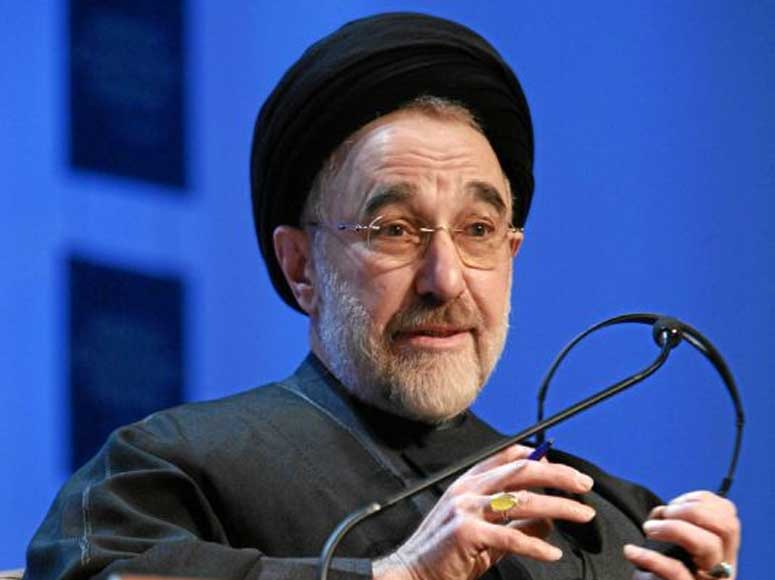
Former President Mohammad Khatami was the director of the IZH between 1978 and 1980.
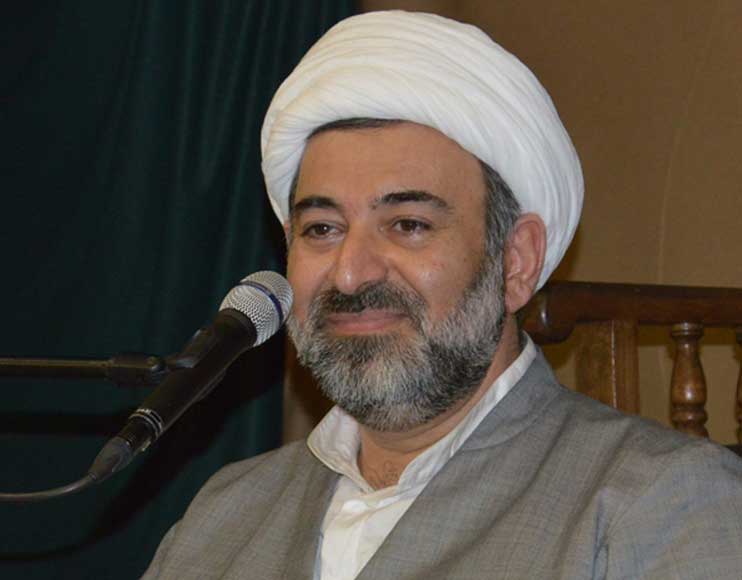
Mahmoud Khalilzadeh has been the head of the Islamic Center in Frankfurt since 2010 and the chairman of the IGS since 2013.
Source: Website of the German Parliament’s Information and Documents



